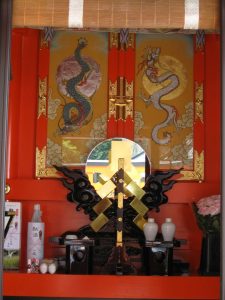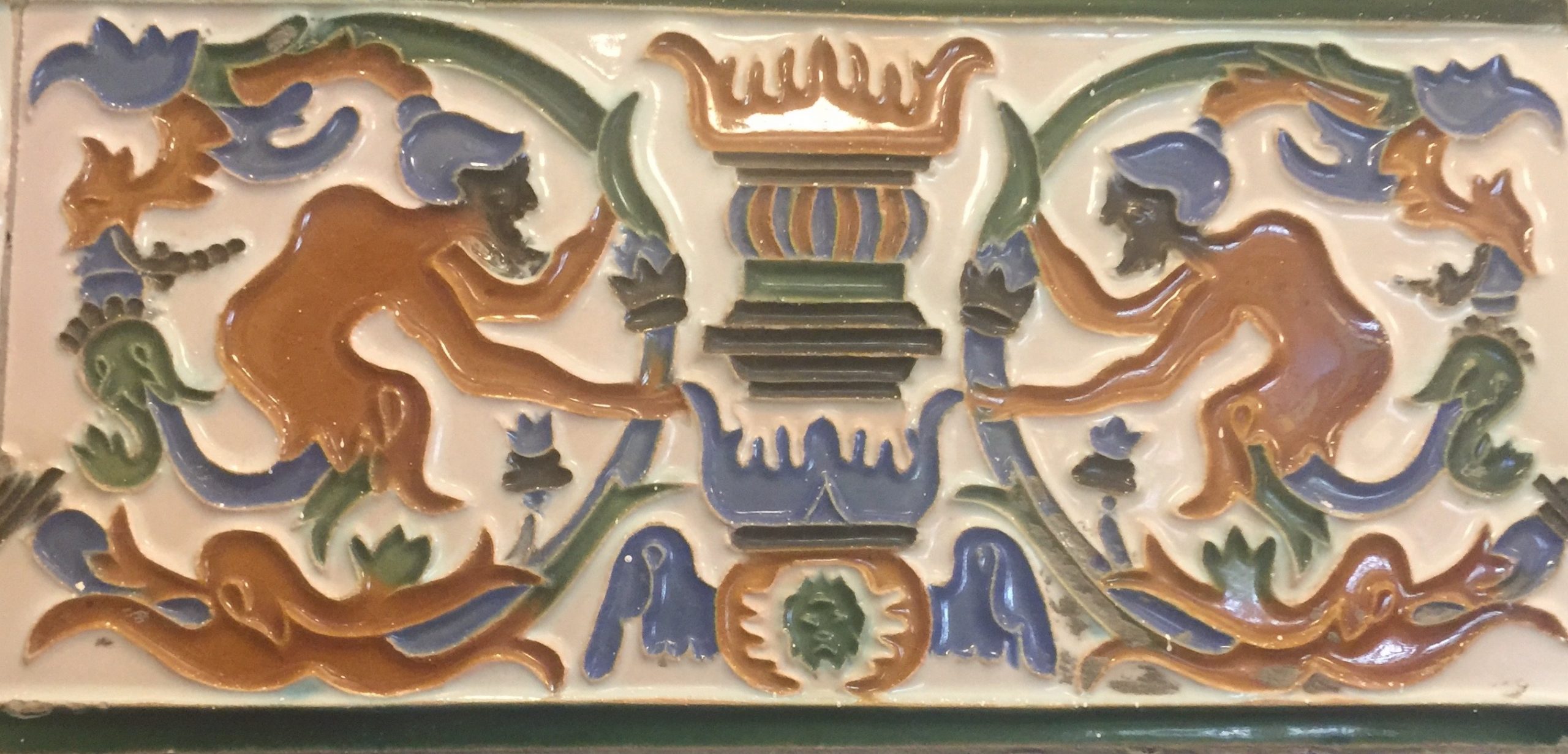Can We Stand to See Ourselves?
Everybody stands before a mirror and, instead of himself, sees somebody else.
— Ouspensky, The Fourth Way
People live their lives in a state of sleep and have an imaginary idea of who they are. Working towards awakening requires a third force. If one only has the first force of one’s own efforts, one will inevitably come to an interval without being aware of it. The second force, one’s mechanicality, serves as an opposing force to one’s efforts.
Find the right friend, who will be a support for you, a good traveling companion on the path of truth.
— Ibn Arabi
Besides good traveling companions on the way, one must be clear about one’s destination. This requires a conscious guide; otherwise one may go in the wrong direction.
‘Good traveling companions on the way’ help each other as best as they can. Part of the work is getting to know one’s own habits, because one’s mechanicality is an obstacle on the way. This refers to behavior, attitudes, and responses that happen automatically, without self-awareness.
Becoming a Mirror: Companions on the Way
Observing oneself objectively is only possible in the third state of consciousness. Since these moments are rare, it is very necessary that others share their observations about one’s mechanicality.
Companions are people of like mind on the same path. Principles are not clear without explanation; explanation is not thorough without practice. Companions explain to each other, and practice what they explain to each other, discussing back and forth. They pursue their investigation into the Tao in the process of this interaction, entering deeply into it and advancing far on it, finally reaching attainment.
— Liu Yiming, Hexagram # 58 Joy, The Taoist I Ching
Sharing observations requires a gentle and caring approach. Someone may mention a certain weakness in our makeup that goes directly against one’s imaginary picture of oneself. Typically, the first response is to explain and justify the weakness using a mechanical part of oneself, false personality. As a result, the ‘photograph’ doesn’t penetrate deeply. It can help to simply respond with a “thank you” (for trying to help me see myself).
Developing Gratitude for Observations Shared
The Fourth Way teaching says that man is a stimulus-response machine, without unity. This explains why it is very difficult for people to be sincere with themselves or others, even when they want to.
People are unable to be sincere either with themselves or with others. They do not even understand that to learn to be sincere when it is necessary is one of the most difficult things on earth. They imagine that to speak or not to speak the truth, to be or not to be sincere, depends upon them.
— Gurdjieff, In Search of the Miraculous
Although just saying ‘thank you’ is a useful thing to do, another ‘I’ can arise that feels offended at what the other person said. This the cause of a lot of friction between people, and between fellow travelers on the Way. This condition is necessary, as it forces one to work on transforming friction and negativity. It helps to remember that others are also stimulus-response machines, without will, unable to ‘do.’ If one doesn’t work on this, the only way out is abandoning the work, which leaves one with only one’s inadequate first force.
After many trials and observations of one’s mechanicality, one comes to the next stage. One begins to understand that although discussing Fourth Way ideas and giving photographs has its place, this is only preparatory work. Then comes the work of self-remembering and transformation of friction, the first and second conscious shocks.
The Work of Becoming a Conscious Mirror
In a school, self-remembering and transforming friction do not only benefit oneself, but also others. When one remembers oneself while interacting with others and avoids reacting mechanically to what they say, one is becoming a mirror of light for others.

Many of the faults you see in others are reflections of your own nature in them. We are mirrors to one another.
— Rumi
Here, Rumi speaks about the idea that although people cannot see their own faults, they see them in other people, even if they don’t understand this. In a conscious school, one becomes aware of this unconscious mechanism. One learns how to become a mirror for higher states–and for others.
The center image in Japanese Shinto shrines is usually a mirror, instead of a statue of Buddha or a God, as in Buddhist temples. This symbolizes that God is nothing but one’s own higher self.
What is the process of the cleansing of the mirror of the heart? It is an unending battle with one’s ego, whose purpose is to distort reality.
— Ibn Arabi
When one’s own mirror is cloudy, other people become unconscious mirrors for one. After noticing this, one can intentionally use other people to see oneself. Finally, one becomes a conscious mirror for oneself and for others. In this way, personal efforts become beneficial to others, too.
Schools as a Living Mirror of the Cosmos
Actually, this is a law in schools, because schools for awakening represent a living cosmos. They have a birth, a death, and a level of ‘being’ that develops as the school matures. Thus the level of being of the school reflects the level of being of its students. And all depends on a connection with higher forces.
There are many reasons why one man cannot escape from prison. But twenty people may. Each of them profits by the work of the rest. What one gains, all the twenty gain.
— Ouspensky, The Fourth Way
The success of one is the success of all.
— Ouspensky, In Search of the Miraculous
Walther Sell is the author of a website on Oriental esoteric teachings and the Fourth Way. For more, see his page, Inner Journey to the West.
See other articles by Walther for the FourthWayToday.org.
